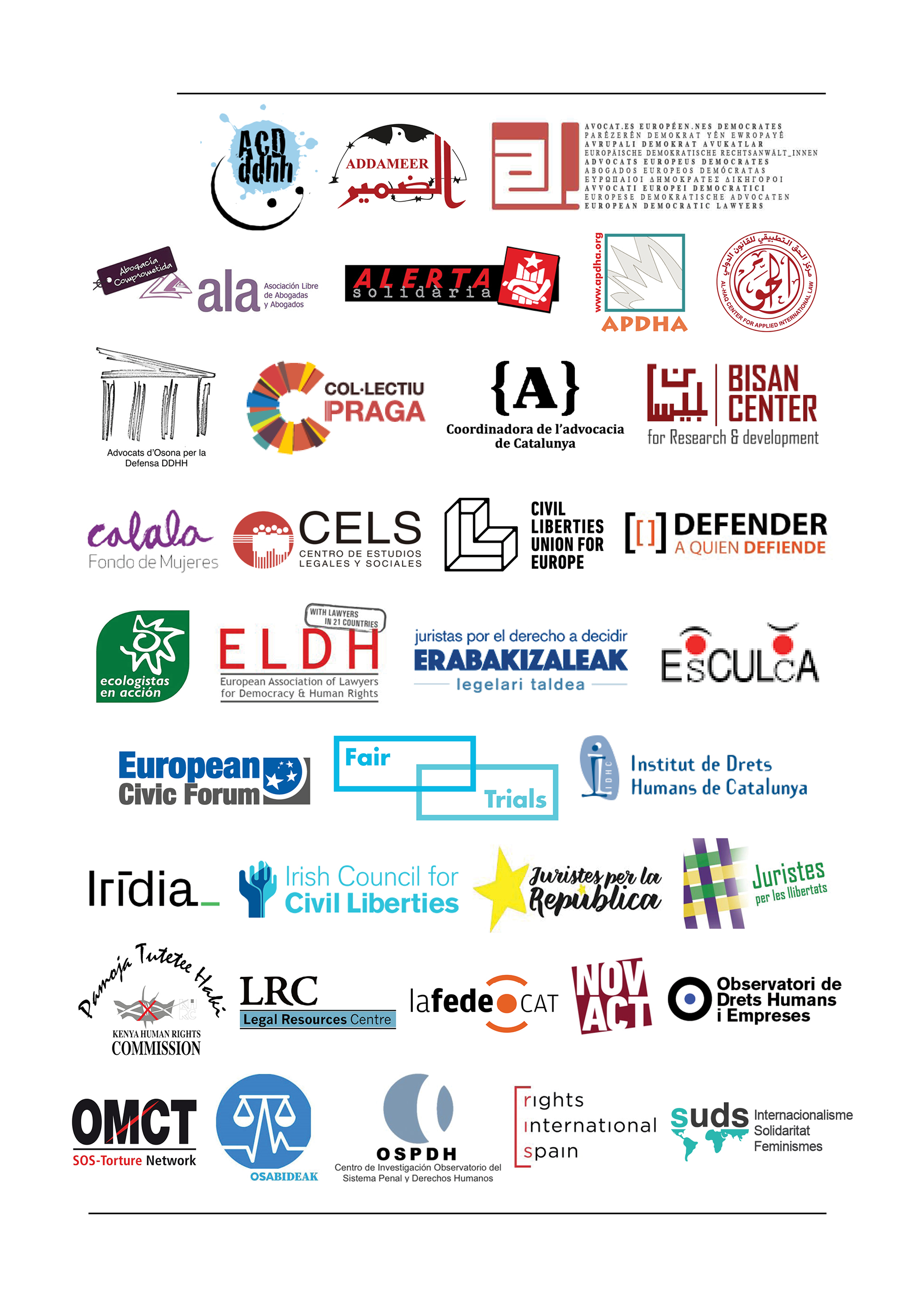
Fair Trials joins international organisations to condemn surveillance against Catalans and Basques
On 18 April 2022, the Citizen Lab of the University of Toronto published an investigation in which it concluded that there had been an extensive surveillance operation using the PEGASUS and CANDIRU programs, focusing on different Catalan and Basque personalities.
According to the research, confirmed by Amnesty International, at least 65 individuals were targeted. Among those affected were journalists, lawyers, human rights defenders and political representatives from Catalonia and the Basque Country (including Members of the European Parliament as well as different Catalan Presidents).
To date, this case of surveillance has become the most important within Europe, being the most visible and newest face of longstanding repressive practices, not only within Catalonia and the Basque Country but also beyond its borders. The interferences published by the Citizen Lab study should not be understood as isolated cases, but rather as part of a set of tools employed in the persecution of critical voices, political dissidence and shrinking civil society space.
In light of the information made public about the use of this spyware which is only available for states, the organisations and collectives undersigned wish to declare that:
- Article 18 of the Spanish Constitution protects the right of the inviolability of the home, privacy, and privacy of communications, as do the international treaties which Spain has signed. Any interference with these fundamental rights must be prescribed by a law which must be clear, predictable and adequately accessible, as required in a democratic society. This law must protect the achievement of legitimate aims included in the different international agreements.
- The National Intelligence Centre (CNI) was created under law 11/2002, May 6, which provides for the regulation of this organisation. This law authorises the practice of “security investigations” without specifying the mechanism or the limits of such investigations. The law is accompanied by Organic Law 2/2002, May 6, which regulates the judicial control prior to the actions of the CNI. The Law states that a Magistrate of the Supreme Court may authorise measures that affect the inviolability of the home and the privacy of communications.
- The actions of the CNI with the judicial rulings authorising the interference of fundamental rights are kept secret. Parliamentary control of the costs associated with such actions falls to the Congress Committee and is also kept secret. Up to the present time, this Committee has not met a single time.
- The vagueness and lack of definition of the laws regulating the CNI mean that it is impossible to indicate the scope and manner of exercising the discretionary power conferred on the public authorities; in no way can individuals be guaranteed the minimum degree of protection to which they are entitled in a democratic society under the rule of law, as required by the standards of international human rights law. It is important to remember that the spyware programs PEGASUS and CANDIRU give access to all the contents of the intercepted devices, including photographs, applications and all communications, as well as activating and controlling the camera and the microphone.
- The use of spyware of these characteristics implies a flagrant breach of the right to privacy and privacy of communications. Moreover, spying on human rights defenders and journalists constitutes a thread to freedom of expression and demonstration. Women’s rights defenders, such as Hala Ahed Deeb in Jordan and Ebtisam Al-Saegh in Bahrain, have been targeted by PEGASUS spyware. This is also the case for various writers, who are critical of the Indian government, such as Rona Wilson (currently in jail), and Palestinian human rights defenders, the lawyer Salah Hammouri (currently in jail) and the activists Ubai Al-Aboudi and Ghassan Halarika. Lastly, its use against lawyers also constitutes a breach to the right to defence and the duty of professional secrecy, which are fundamental parts of the Judicial System and in the foundation of any democracy subject to the rule of law.
- From the advocacy and human rights organisations, we declare our absolute condemnation of the use of PEGASUS or other software to spy on human rights defenders, journalists, lawyers, and members of civil society organisations, politicians and civil society at large. We understand that this measure is illegal and undemocratic in terms of international human rights and poses a threat to the rule of law and democracy.
- We demand that public institutions and the judiciary apparatus an independent, speedy and effective investigation to clarify these facts and guarantee that citizens’ right to defence, intimacy, privacy of communications, freedom of expression and information will be respected by State bodies, including the security services in accordance with the rule of law, democracy and society of the European Union.
- We demand a revision of both the Law 11/2002, May 6, regulating the CNI and the Organic Law 2/2002, May 6, regulating the judicial control prior to the creation of the CNI, in order to meet the standards of clarity, predictability, accessibility and protection of individual rights, as required by the treaties ratified by the Spanish State.
- We recommend eradication of corporate protectionism. Furthermore, we call for the incorporation of the requests of the UN High Commissioner for Human Rights for the application of preventive measures regarding the use of state and private spying programs and her requests to seek accountability from the companies who are responsible for developing and distributing such surveillance technologies, due to the negative consequences they have on the protection of rights.



